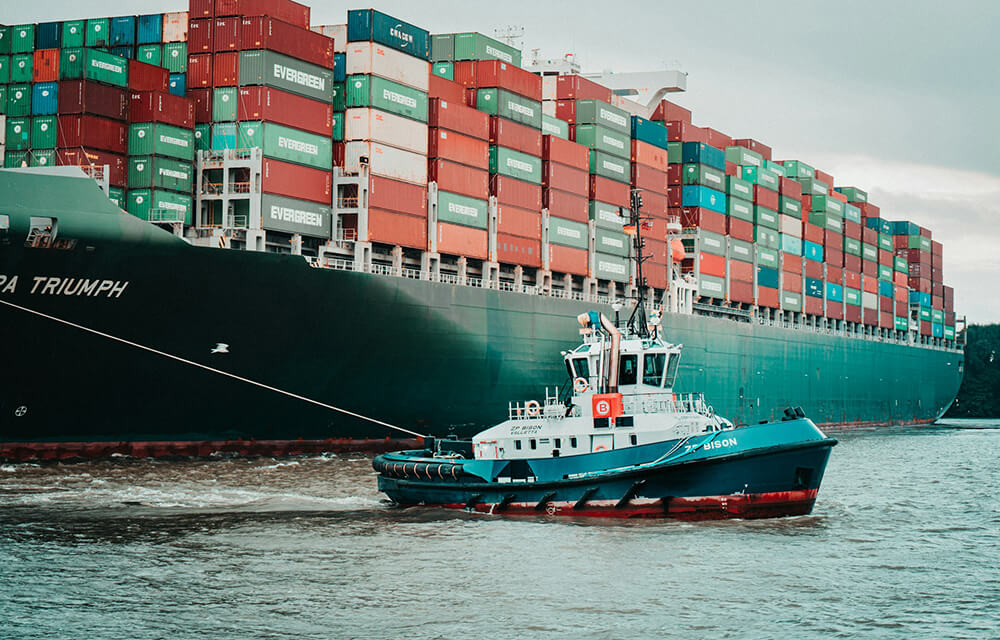
The trucking industry continues to struggle with ongoing disruptions that have wreaked havoc on logistics networks and left drivers facing a range of challenges. From port congestion and labor shortages to fluctuating fuel prices and unpredictable delivery schedules, truckers are bearing the brunt of a supply chain that is approaching breaking point.
Port congestion remains a significant bottleneck, with ships waiting weeks to unload cargo. This has led to delays in getting goods onto trucks, creating a ripple effect throughout the trucking industry. Labor shortages at ports and warehouses have exacerbated the problem, further slowing down the movement of goods.
“It’s a constant juggling act,” says veteran trucker and Truck Parking Club ‘Trucker Member’ Dave Butcher. “We’re always waiting on something, like a load to pick up, or a dock to open up, or even a part to get fixed. It’s hard to keep up with the changes and delays.”
Inevitable Ripple Effect
These delays have also caused problems with driver schedules. Truckers, who often operate on tight schedules combined with Hours of Service regulations, are finding it increasingly difficult to plan their routes and rest stops. This level of unpredictability has raised concerns about driver fatigue and safety, as truckers may be pressured to push their limits to make up for lost time.
Fuel prices, another major pain point for the industry, have been on a roller coaster ride due to geopolitical tensions and supply chain volatility. This adds another layer of financial stress for truckers, who are already facing rising costs across the board.
In addition to these operational challenges, truckers are also dealing with the psychological toll of the ongoing disruptions. The constant uncertainty and pressure to keep goods moving can take a toll on drivers’ mental health and well-being.
Industry Adapts to Meet Challenges
Amid these disruptions, the trucking industry is finding new ways to adapt. Many companies are investing in technology to better manage logistics and predict delays. Interestingly, there is also a growing movement to improve working conditions for drivers, recognizing the critical role they play in keeping goods moving.
By focusing on various practical and technological solutions, the industry is working to make life easier for the people who keep our supply chains running. Whether these efforts make a significant difference or not is difficult to measure, but it does demonstrate that efforts are a little one-sided at present.
Calm Among the Chaos
At the center of this problematic environment, truckers need a reliable and safe haven where they can rest, recharge, and regroup. Truck Parking Club provides just that through a network of secure, private parking facilities that offer a respite from the chaos of the supply chain.
The real-time browse and book system allows drivers to plan their stops in advance, providing a sense of stability and predictability in an otherwise unpredictable world. Anyone interested in signing up for Truck Parking Club can do so here.
The information published herein is for general informational purposes only. Truck Parking Club does not make any representations or warranties about the completeness, reliability, legality, and accuracy of this information. Any reliance placed on such material is strictly at the user’s own risk. Truck Parking Club shall not be responsible for any losses or damages incurred in connection with the information published herein.





